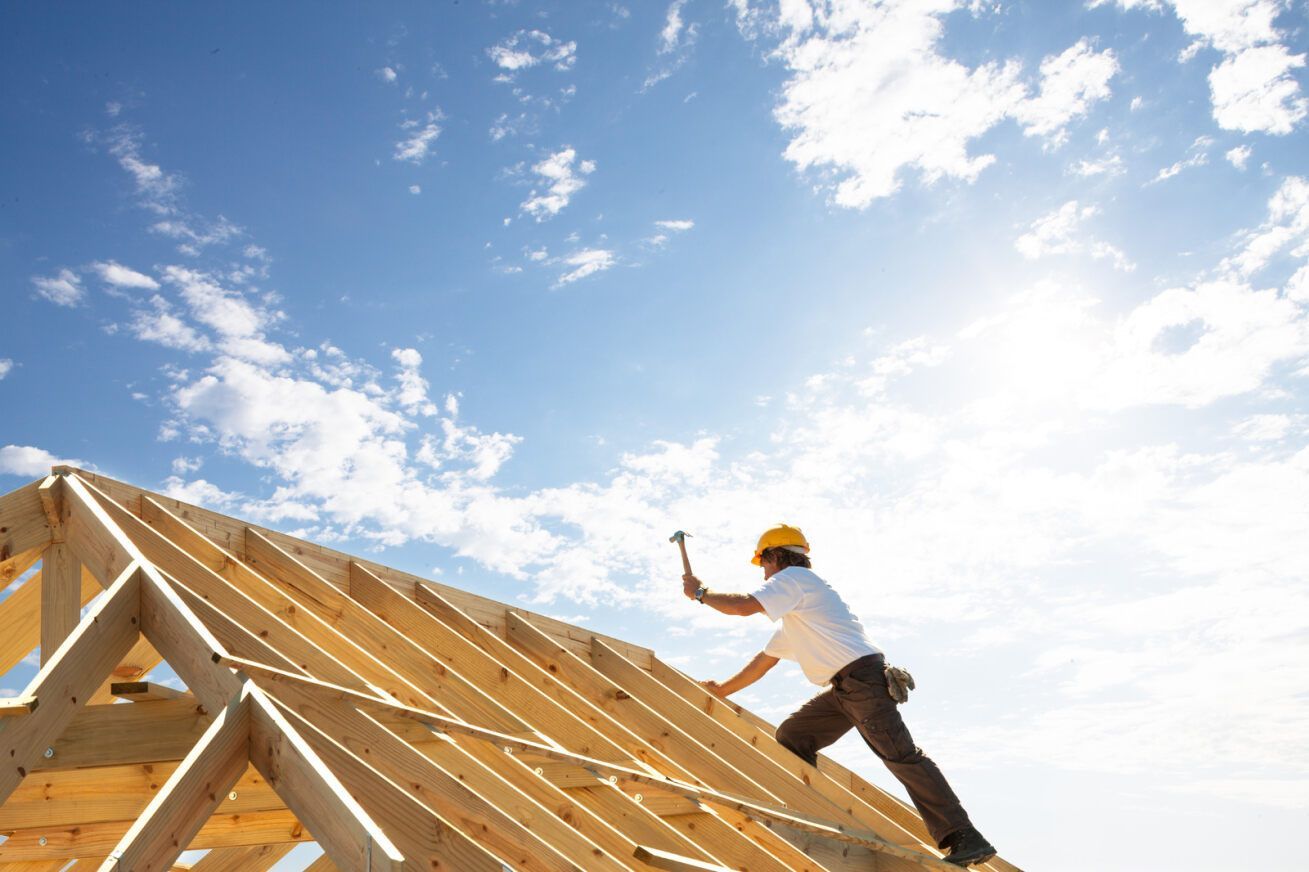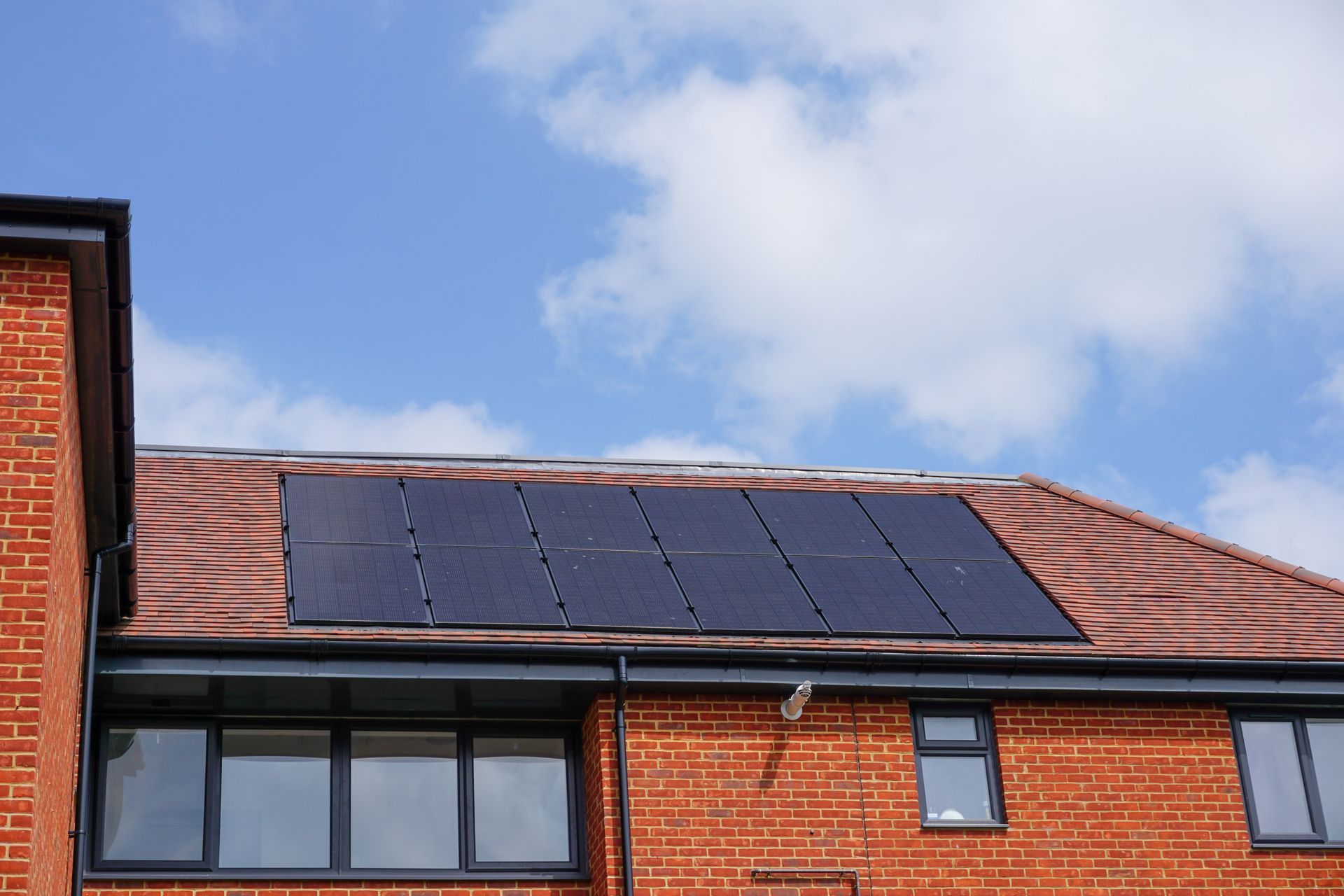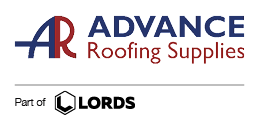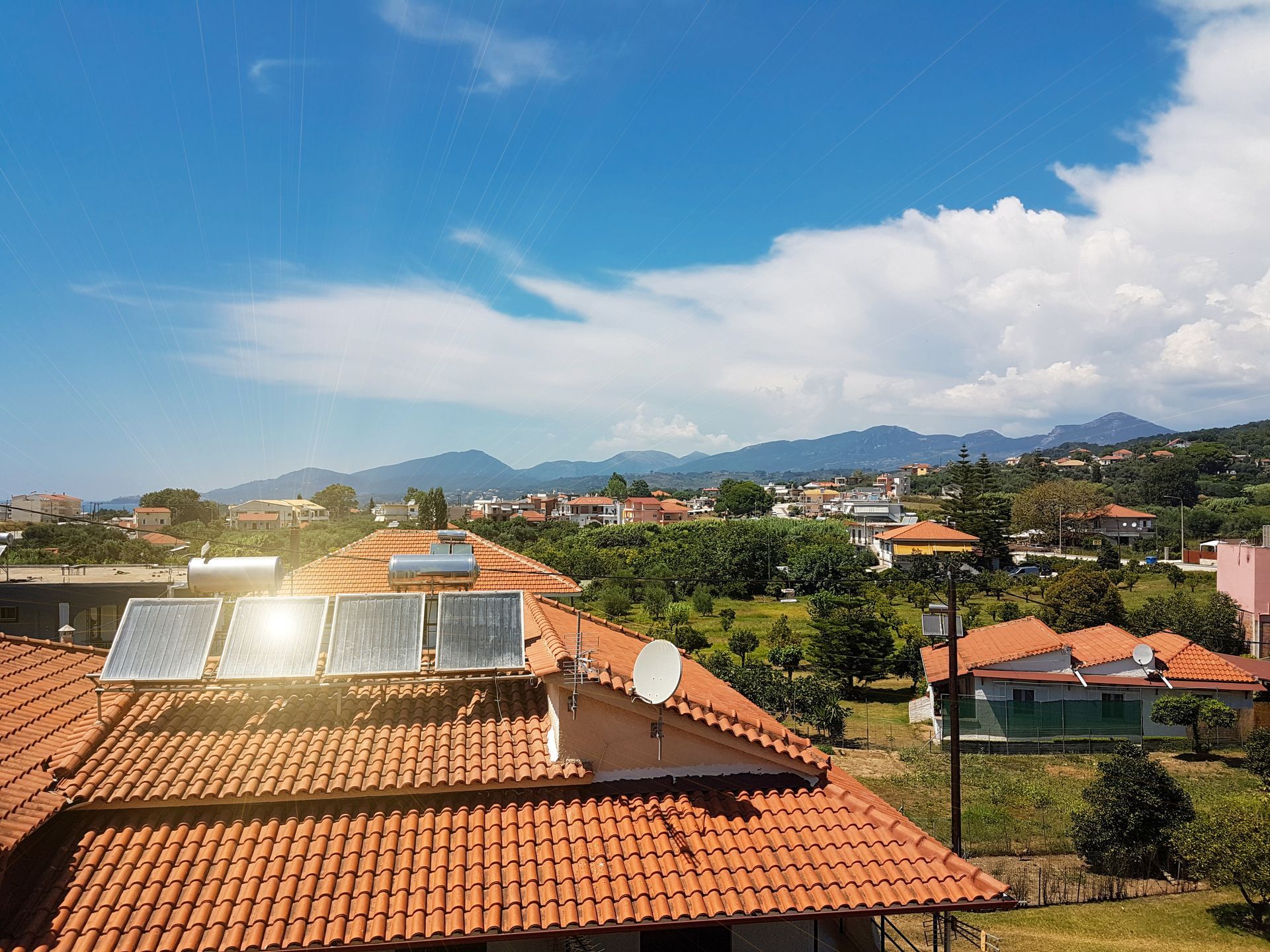Is Solar Right for You? 5 Questions to Ask Before Going Solar
Five crucial questions to ask before going solar

In recent years, there has been a surge in interest in solar energy as people seek sustainable alternatives to traditional energy sources. From reducing carbon footprints to saving on energy bills, the benefits of solar power are undeniable.
Before taking the plunge into solar energy, it's essential to evaluate whether it's the right choice for your home or business.
To help you make an informed decision, here are five crucial questions to ask before going solar.
1. What is Your Energy Consumption?
Understanding your energy consumption is the first step in determining whether solar is right for you.
Take a look at your utility bills to gauge how much electricity you use monthly and annually. Solar panels are most beneficial for properties with high energy consumption as they can offset a significant portion of traditional electricity usage. If your energy bills are consistently high, solar could be a viable option to lower costs over the long term.
Our expert team offers free estimation services so you can make the right choice for your consumption.
2. Is Your Roof Suitable for Solar Panels?
Assessing the suitability of your roof for solar panels is vital. Factors such as roof orientation, shading, and structural integrity play a crucial role in determining solar viability. But let’s take them step by step:
Roof Orientation
The orientation of your roof plays a significant role in the efficiency of solar panels. Ideally, your roof should face south, as this provides the most exposure to sunlight throughout the day.
South-facing roofs receive maximum sunlight, optimizing energy production. However, east and west-facing roofs can still be viable for solar installations, albeit with slightly reduced efficiency.
North-facing roofs are generally not recommended for solar panels due to limited sunlight exposure.
Shading
Assessing the amount of shade your roof receives is crucial for solar viability. Trees, nearby buildings, or other obstructions can cast shadows on your roof, reducing solar panel efficiency.
Conduct a thorough analysis of shading patterns throughout the day, considering both seasonal changes and potential future developments that may impact sunlight exposure. Minimal shading ensures optimal energy production from your solar panels.
Structural Integrity
Before installing solar panels, it's essential to evaluate the structural integrity of your roof. Solar panels add weight to your roof, so it must be able to support the additional load.
Consult a structural engineer or a qualified roofing contractor to assess whether your roof is structurally sound for solar installation. Reinforcements or repairs may be necessary to ensure the safety and longevity of your solar system.
Roof Condition
A well-maintained roof is essential for the successful installation of solar panels. Inspect your roof for signs of damage, such as leaks, cracks, or deteriorating shingles.
Address any necessary repairs or maintenance before proceeding with solar installation to prevent issues down the line.
Additionally, consider the age of your roof; if it's nearing the end of its lifespan, it may be wise to replace it before installing solar panels to avoid disruptions or complications in the future.
Alternative Mounting Options
If your roof doesn't meet the criteria for solar installation, don't despair. Alternative mounting options, such as ground-mounted systems or solar carports, may provide viable alternatives.
Ground-mounted systems are installed on the ground rather than on rooftops, offering flexibility in placement and orientation. Solar carports utilize parking spaces to support solar panels, providing dual benefits of energy generation and shade for vehicles.
Explore these options with our team to find the best solution for your property.
3. What are the Local Solar Incentives and Regulations?
Before investing in solar energy, familiarize yourself with local incentives and regulations. Many regions offer financial incentives, such as tax credits, rebates, or net metering programs, to encourage solar adoption.
Understanding these incentives can significantly impact the financial feasibility of solar installation.
Likewise, be aware of any regulations or permitting requirements governing solar installations in your area to ensure compliance with local laws.[MB1]
4. What is Your Budget and Financing Options?
Solar panel installation requires an initial investment, so it's essential to consider your budget and financing options. Evaluate the upfront costs[MB2] of purchasing and installing solar panels versus potential long-term savings on energy bills.
The average solar panel system of 3.5kWp will cost around £7,000 to install, according to Saving Energy Trust. And it can go up to £10,000 but the exact cost will vary, depending on several factors like roof size, solar panel system size etc.
Additionally, you can explore financing options such as solar loans, leases, or power purchase agreements (PPAs) to spread out the cost over time. Determine which option aligns best with your financial goals and preferences.
5. What are Your Environmental Goals?
Beyond financial considerations, many people choose solar energy for its environmental benefits. Solar power reduces reliance on fossil fuels, lowers greenhouse gas emissions, and contributes to a cleaner, more sustainable future. If reducing your carbon footprint and environmental impact are priorities for you, solar energy aligns well with these goals.
By asking yourself these five questions, you can assess whether solar energy is the right choice for your home or business.
Remember to research thoroughly and weigh the benefits and challenges before making your decision. With proper planning and understanding, solar power can be a rewarding investment in both financial savings and environmental stewardship.
You can always reach out to our expert team for professional guidance on solar panels.


